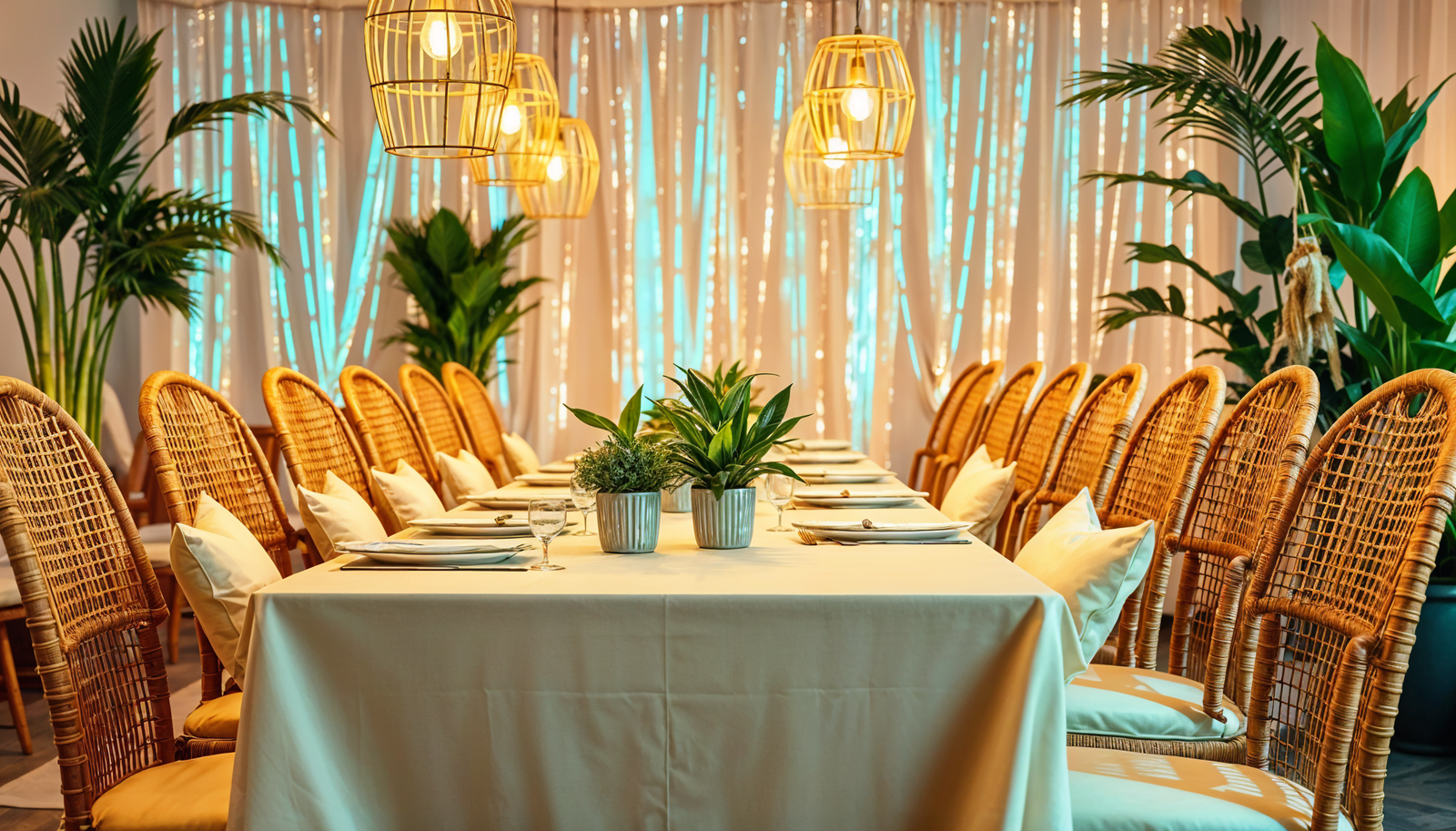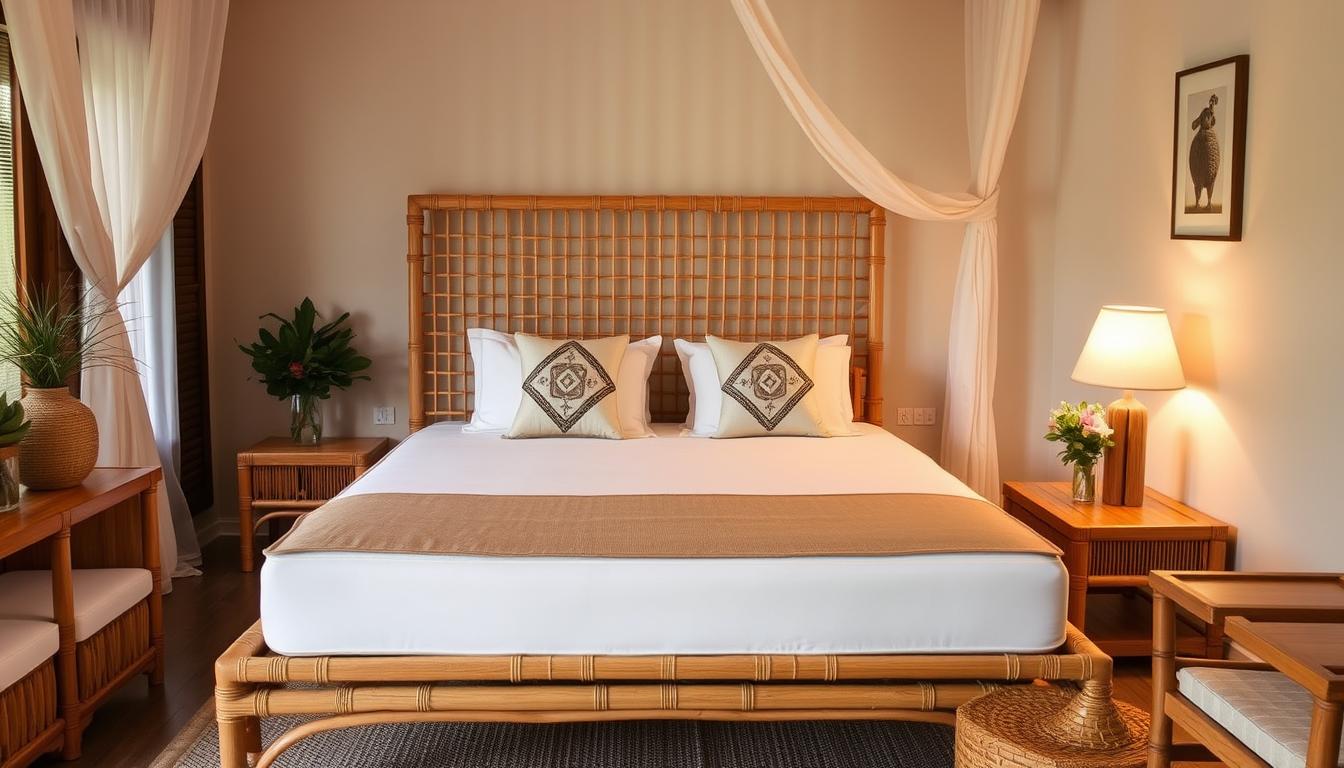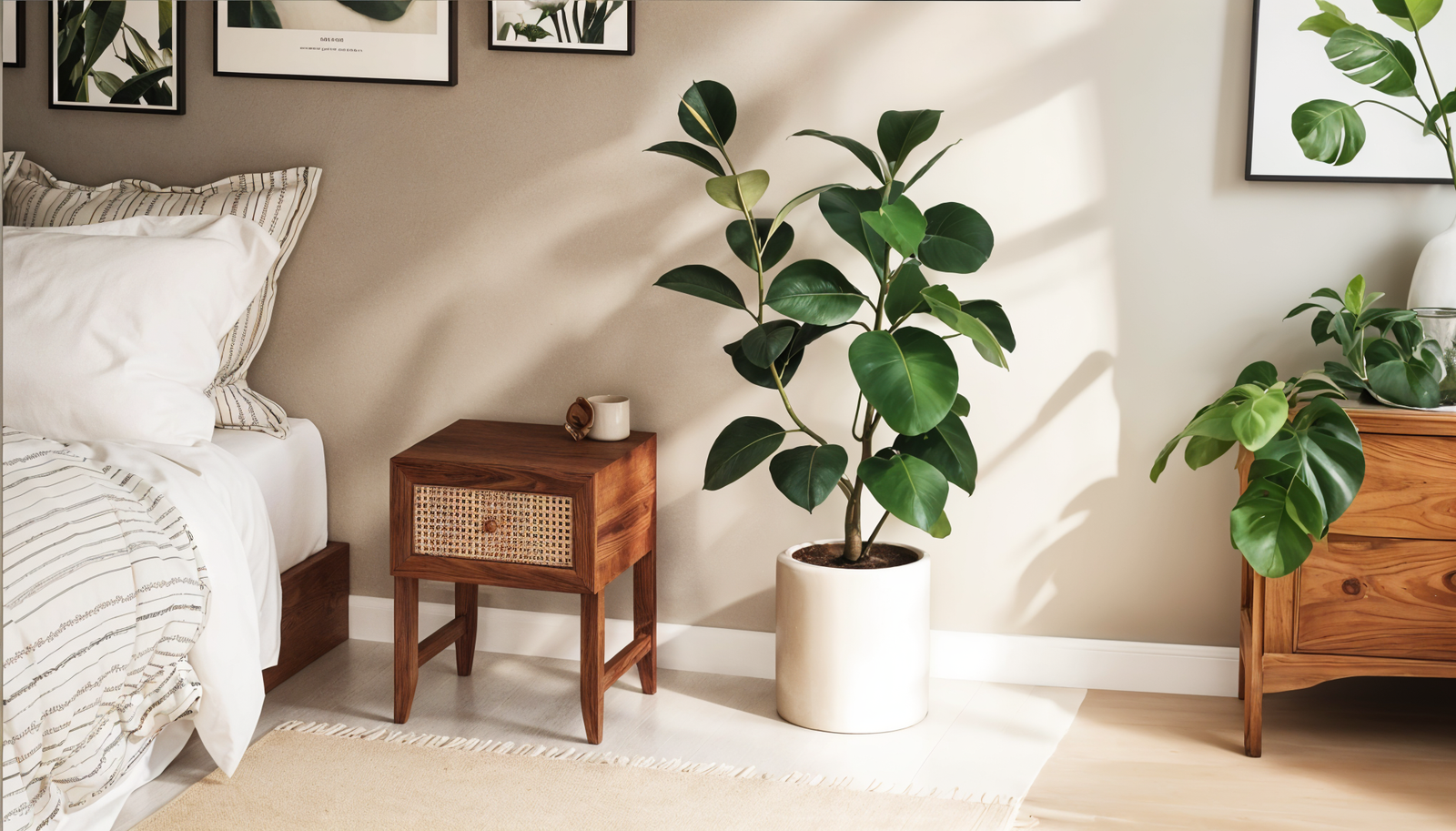🤍 Unmatched Quality, Authentic Craftsmanship
🤍 Unmatched Quality, Authentic Craftsmanship
🤍 Unmatched Quality, Authentic Craftsmanship
Are you looking to update your home decor but unsure about the differences between classic and contemporary furniture?

Understanding the distinctions between these two styles can help you make informed choices when it comes to selecting furniture pieces that best suit your personal taste and the overall aesthetic of your space.
Classic furniture refers to designs that are inspired by historical periods and are known for their timeless elegance and ornate details.
On the other hand, contemporary furniture embraces the present moment and features sleek lines, minimalist forms, and innovative materials.
In this guide, we will delve into the characteristics of classic and contemporary furniture, exploring their design, natural elements, materials, and overall aesthetics.
Whether you prefer the traditional charm of classic furniture or the clean and modern look of contemporary pieces, this article will provide you with the knowledge to make an informed decision for your home.
So, let's explore the world of classic and contemporary furniture and discover the style that speaks to you.

The history of classic and contemporary design is rooted in the past, but it is ever-evolving.
Classic furniture was the primary style of furniture in the late 1800s and early 1900s, as modern design was just starting to emerge. This type of furniture often had intricate detailing and was made from high-quality materials.
Contemporary design started to become more prominent in interior design during the mid-20th century. This style of furniture had a sleek and minimalist look with an emphasis on modern materials.
Today, modern furniture style is a combination of classic and contemporary elements. It often takes cues from both aesthetics while incorporating new materials and innovative designs.
Both are popular styles for many interior designs. Each type of furniture has its own unique characteristics that can bring a space to life.
Understanding the differences between these two styles can help you make informed choices when furnishing your space.

To help you make an informed decision, it is important to have a clear understanding of the different characteristics of classic furniture.
Let's explore these points one by one.
Classic furniture is known for its timeless elegance and aesthetic. It is designed to stand the test of time and often features ornate details, intricate carvings, and lush fabrics.
These pieces are made from luxurious materials like mahogany or walnut wood, leather, and velvet upholstery.
Classic furniture is bigger and fancier than modern furniture, with things like clawfoot tables and tufted headboards.
Classic furniture is known for being made with traditional materials and skilled craftsmanship. These pieces are made from high-quality materials like wood, leather, and velvet.
Classic furniture features intricate carvings and detailed accents and showcases the craftsmanship of the era.
Classic furniture is renowned for its ornate details and intricate carvings. These pieces frequently feature elaborate carvings that demonstrate the skill of the time period, as well as decorative elements such as claw feet tables, cabriole legs, and tufted headboards.
Classic furniture also emphasizes the use of traditional materials such as mahogany or walnut wood, leather, and velvet upholstery.
Symmetry and balance in design are important traditional elements of classic furniture. Classic pieces often feature symmetrical designs that create a sense of balance and harmony.
This can be seen in the use of wooden panels, end tables, and sofas that feature evenly spaced legs or cushions. The symmetry allows for a better visual flow throughout the room, creating a unified and aesthetically pleasing space.
Now that we have explored the characteristics of classic furniture styles, let's take a look at contemporary furniture.

In order to make an informed decision, it is important to have a clear understanding of the different characteristics of classic furniture.
Let's explore these points one by one.
Contemporary style furniture is characterized by its clean lines and minimalist design. These pieces typically feature sleek, angular shapes and a lack of ornate details or intricate carvings.
The use of modern materials and technology is a hallmark of contemporary furniture. This style emphasizes the use of modern materials such as aluminum, plastic, and glass that create a more streamlined look.
Additionally, these pieces often feature innovative technologies such as touch-sensitive lighting or built-in speakers to enhance the user experience. This allows for a more modern style that doesn't sacrifice comfort or convenience.
Functionality and practicality are also important elements of contemporary furniture. This style uses modern materials and innovative technologies.
These features allow for a more functional and practical design that doesn't sacrifice comfort or convenience.
Additionally, contemporary furniture often features sleek shapes that create a more open look and feel.
Experimentation with shapes and forms is a hallmark of contemporary furniture. These pieces feature unusual angles and curves that add visual interest to any room.
Additionally, experimentation with shapes and forms also allows for innovative designs that focus on functionality and practicality without sacrificing style.
Now that we have explored the characteristics of classic and contemporary furniture, let's compare the design styles of each.
When comparing the design styles of classic and contemporary furniture, there are several key differences to consider.
These are as follows:
Classic furniture is characterized by its traditional, elegant, and formal design. These furniture pieces have detailed carvings and decorative features.
Classic furniture often incorporates traditional natural materials such as mahogany or walnut wood, leather, and velvet upholstery.
Contemporary furniture is characterized by its sleek, innovative, and versatile design.
These pieces typically have uncomplicated lines and minimalist details that generate a contemporary aesthetic.
Modern design uses materials like aluminum, plastic, and glass to make stylish and functional furniture.
Furthermore, these pieces frequently incorporate advanced technologies, such as touch-sensitive lighting or integrated speakers, to enhance the user experience.
In addition to the differences in design, there are also variations in color palettes and finishes between classic and contemporary furniture.
Classic style furniture typically features more neutral colors such as beiges, whites, and grays, which help to create a timeless and sophisticated look.
Additionally, this style often features rich wood finishes such as mahogany or walnut that add a touch of elegance to any room.
On the other hand, contemporary furniture typically features bright colors such as blues, greens, and yellows that create a more modern style and vibrant look.
Additionally, this style often includes high-gloss finishes or metallic accents that help to achieve an even more contemporary feel.
Classic and contemporary furniture can both be used to complement different interior design styles.
Classic style furniture is well-suited for traditional spaces that feature a timeless aesthetic, while contemporary furniture can enhance modern or minimalist designs.
Contemporary pieces are perfect for modern spaces that emphasize minimalism, but they can also be used to add a touch of modernity to traditional designs.
Now that we have compared different design styles of classic and contemporary furniture, it is time to discuss various factors to consider when choosing between either of these.
Interior design is all about creating a space that conveys your unique style and personality.
For this reason, many homeowners choose to blend classic and contemporary furniture in order to achieve the perfect balance between traditional elegance and modern innovation.
By carefully selecting pieces from both styles, you can create a look that is truly your own.
Mixing classic and contemporary furniture can create a unique and eclectic look that is sure to impress.
By blending traditional pieces, such as antique chairs or classic coffee tables, with modern designs, you can create an interior design that perfectly reflects your personal style.
Additionally, combining both styles can add depth and visual interest to any room.
For example, a modern sofa can be complemented by a classic rug, or a contemporary artwork can be hung above a classic sideboard.
Classic furniture is perfect for making a bold statement in any room. This style of furniture can be used to create an elegant and timeless look that will stand the test of time.
Classic pieces typically feature intricate carvings and elaborate accents, which serve to draw attention and make a grand statement.
Additionally, this style often emphasizes the use of classic materials such as mahogany or walnut wood, leather, and velvet upholstery, which adds an extra touch of luxury to any space.
Now that we have discussed how classic and contemporary furniture can be used to create unique interior designs, it is important to consider the factors to consider when selecting between either of these styles.
When choosing between classic and contemporary furniture, there are several factors to consider.
These include personal style and preference, compatibility, practicality, and budget.
Let's discuss each of these.
Personal style and preference should be the primary factors when choosing between classic and contemporary furniture. If you prefer a traditional style with an elegant look, then classic furniture is likely the right choice for you.
On the other hand, if you’re looking for modern pieces with sleek lines and minimal details, then contemporary furniture is the way to go.
In either case, make sure that your chosen furniture pieces reflect your personal style and preferences.
Compatibility with existing decor and furnishings should also be taken into consideration when choosing between classic and contemporary furniture.
Before making a purchase, consider the other pieces in your home that you would like to match or complement.
If you already have a room filled with traditional furniture, then classic pieces may be a better choice for you.
On the other hand, if you have modern accents or already own some contemporary pieces, then choosing a few more modern items can help to tie the room together.
Practicality and functionality for your lifestyle are another important factor to consider when choosing between classic and contemporary furniture.
Classic furniture typically offers more traditional design elements, such as ornate carvings or detailed accents.
This can make it a great choice if you’re looking to add a touch of elegance to your space, but these pieces may require more upkeep than their contemporary counterparts.
Meanwhile, contemporary furniture usually features simpler designs that are easier to clean and maintain.
Consider how much effort you’re willing to put into caring for your furniture before making a purchase.
Budget considerations and long-term investment value should also be taken into account when choosing between classic and contemporary furniture.
Classic furniture usually requires a higher initial investment but can be a great option for those who appreciate the timeless style and craftsmanship that it offers. This type of furniture can also hold its value over time, making it a good long-term investment.
Contemporary furniture is often more affordable but may not have as much resale value due to its short-term popularity.
Consider your budget and long-term investment goals before making a purchase.
So far, we have discussed how classic and contemporary furniture can be used to create unique interior designs, as well as the factors to consider when selecting between either of these styles.
Ultimately, the choice of which style to choose will come down to personal preference and budget considerations.
No matter what you decide, make sure that your chosen pieces are compatible with your existing decor and furnishings and reflect your lifestyle and needs.
In the next section, you can clear your doubts with the most commonly asked questions.
After going through the information provided above, you might still have some questions about the difference between classic and contemporary furniture.
In this section, we will address some of the frequently asked questions to help you understand the distinctions between these two styles.
The answer to this question largely depends on the specific type of furniture you are looking to purchase.
Generally speaking, classic furniture tends to have higher initial costs due to its intricate detailing and craftsmanship. However, it can be a great long-term investment because it holds its value over time.
On the other hand, contemporary furniture may require a lower upfront cost but may not appreciate in value as much.
Yes, classic and contemporary furniture can be mixed in the same interior design scheme.
Mixing these two styles of furniture can create a fresh, modern look that is both stylish and functional.
When combining these two styles of furniture, it is important to consider color, texture, shape, and size in order to ensure that your pieces complement one another.
Make sure to also consider the overall design scheme of the room to ensure that the furniture pieces you choose to fit in with your overall aesthetic.
When it comes to traditional interiors, classic furniture tends to be more suitable due to its timeless style and craftsmanship.
This type of furniture often has intricate detailing and materials that can add a touch of elegance to any room.
Classic furniture pieces are also usually designed with lasting quality in mind, making them a great long-term investment for those looking to keep their furniture for years to come.
When it comes to versatility in terms of fitting into different interior design styles, both classic and contemporary furniture can be suitable options.
Classic furniture tends to have a timeless quality that can fit into a variety of traditional decor schemes. The intricate details and craftsmanship found in this type of furniture can also add an elegant touch to any room.
Contemporary furniture, on the other hand, often has a more modern and streamlined look that is suitable for contemporary spaces or modern interiors. This type of furniture is also more likely to be able to fit into a variety of different design styles.
In conclusion, classic and contemporary furniture differ in terms of design, materials used, and suitability for different interior styles.
Classic furniture is known for its timeless elegance, intricate details, and use of rich materials like wood and leather.
On the other hand, contemporary furniture is characterized by its sleek and minimalist design, use of materials like metal and glass, and compatibility with modern interiors.
Understanding the differences between these two styles can help you make informed choices when furnishing your space.
Whether you prefer the traditional charm of classic furniture or the modern simplicity of contemporary furniture, both styles offer unique options to suit your personal taste and interior design preferences.


